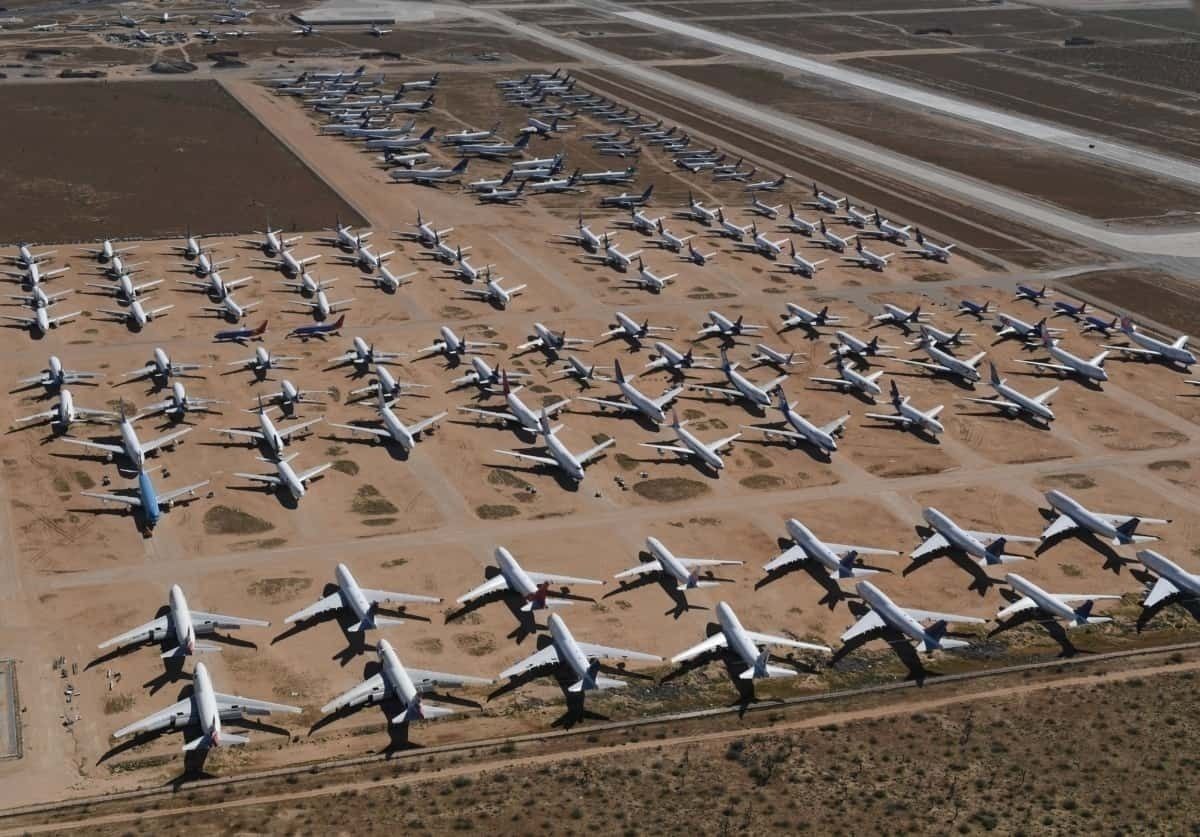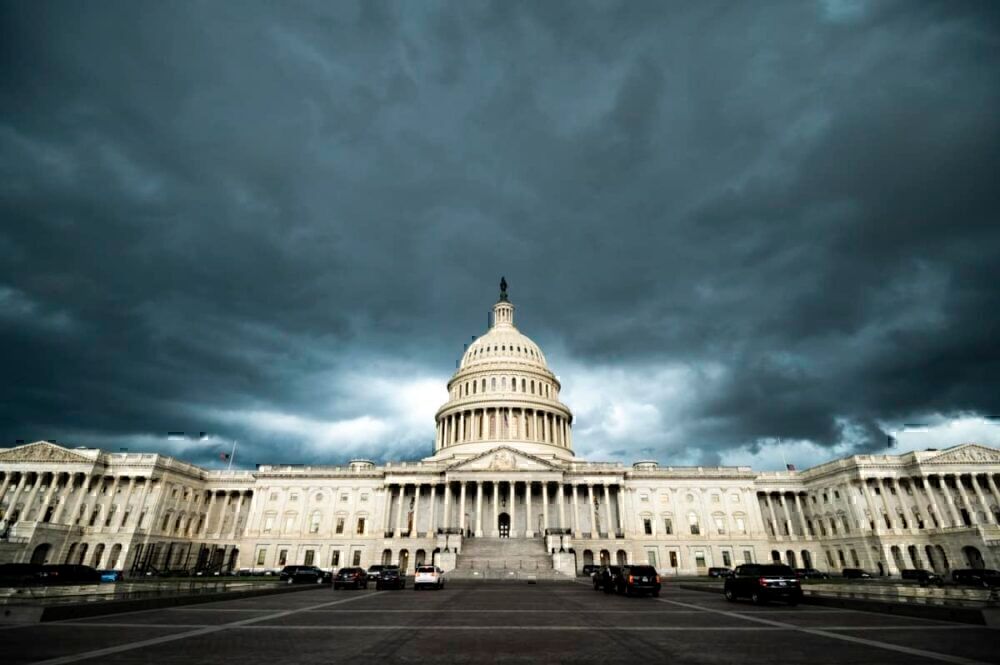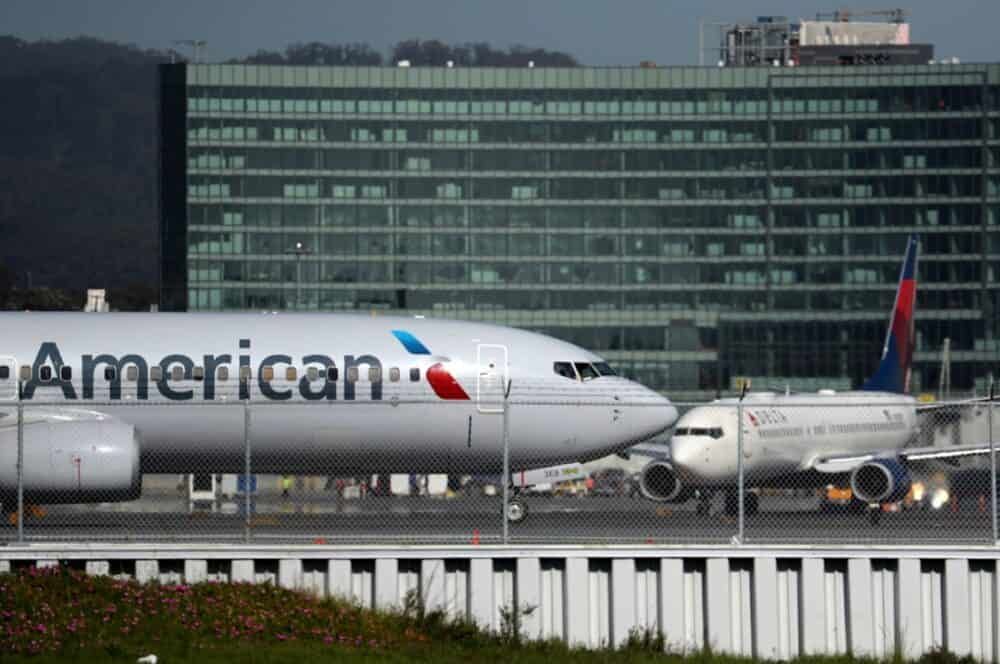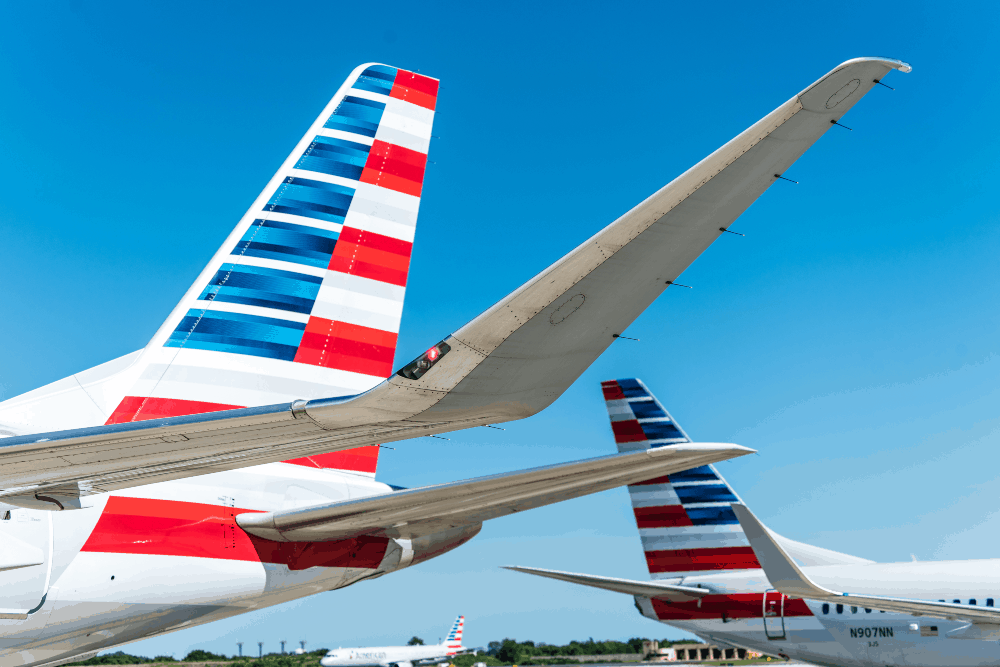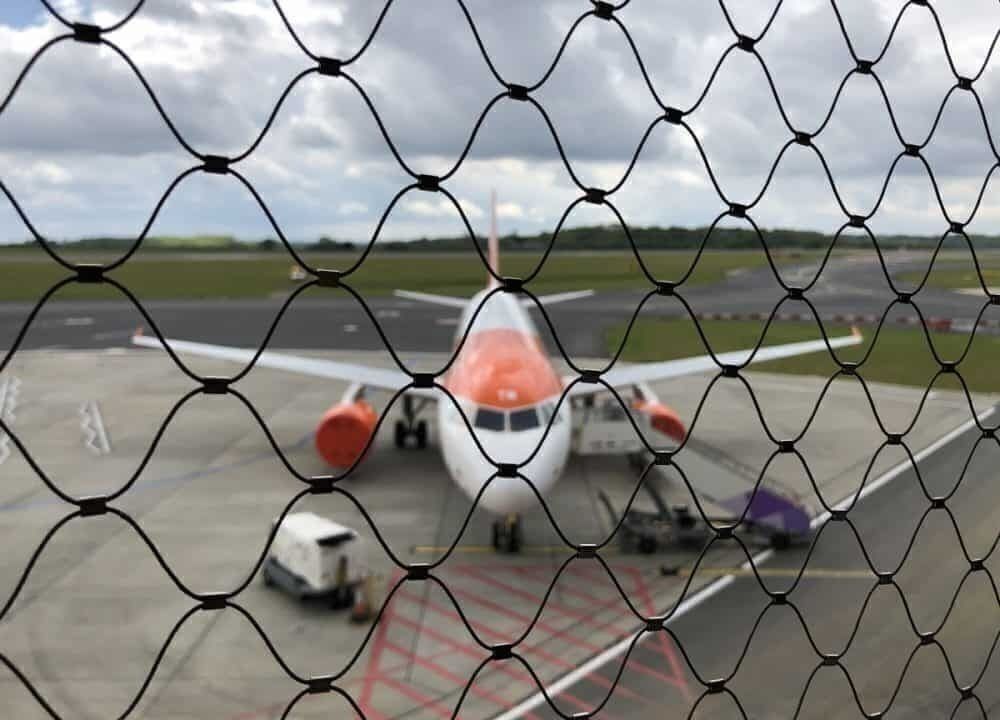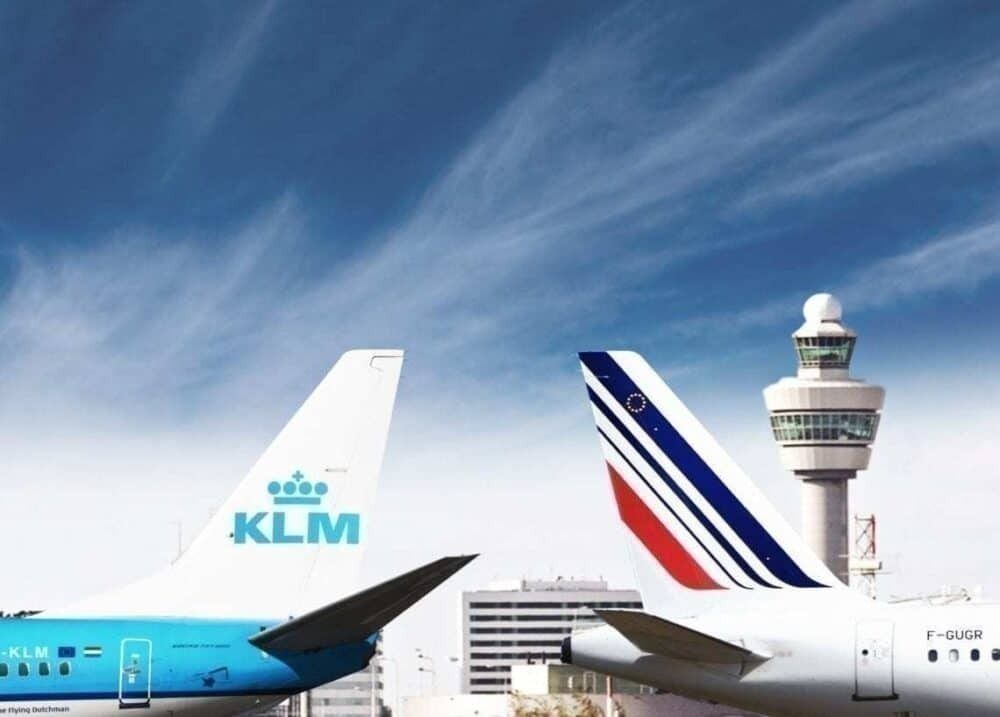With many airlines having faced 95-100% reductions in air travel activity due to travel bans and coronavirus fears, many have called on their respective governments for assistance in staying alive. This has been met with a wide range of responses, from inactivity and no official response, to large loans, all the way to massive bailout packages without any need for repayment. Here are some of the world's largest airline bailouts in response to the COVID-19 pandemic.
Depending on who you ask, the term bailout can be open to interpretation. The most explicit form of 'bailout' takes the form of a grant, which is merely funding that does not need to be repaid. Some may also consider loans as a form of bailout, while others would disagree, as the money must be repaid at some point in the future. We'll do our best to distinguish between the two as much as information is available.
United States CARES Act
Rolled out in March 2020, the United States CARES Act is an acronym standing for Coronavirus Aid, Relief, and Economic Security.
The CARES Act provides fast and direct economic assistance for American workers, families, and small businesses, and preserve jobs for our American industries. -United States Department of the Treasury
In addition to the $10 billion in funds allocated for economic relief to eligible US airports, CARES funding included $29 billion in grants to airlines for payroll support. As we have covered recently, $25 billion of this funding is for passenger carriers, while the remaining $4 billion is set aside for cargo operators.
Stay informed: Sign up for our daily aviation news digest.
Additionally, this Government legislation provides $25 billion in loans or loan guarantees.
Here is the breakdown for four of the largest US carriers:
Southwest Airlines: The low-cost carrier will take a total of $3.2 billion. This consists of more than $2.3 billion in direct payroll support and a nearly $1 billion unsecured term loan.
United Kingdom's Coronavirus Corporate Financing Facility (CCFF)
In some ways, the Coronavirus Corporate Financing Facility (CCFF) is the UK equivalent to the US CARES Act. Implemented by the Bank of England and the Treasury, the CCFF is an emergency lending facility to support the largest corporations in the UK.
According to Positive Money, the facility provides privileged access to newly-created central bank money, lent out at low rates to a "highly exclusive list of big corporations." As of late June, the CCFF had issued loans to 63 companies with a total value of £18.596 billion.
£3.075 billion ($3.92 billion) had gone to the "transportation and storage" sector with the following airlines receiving funds:
easyJet: £600 million or $765.5 million
Ryanair: £600 million or $765.5 million
British Airways (via IAG): £300 million or $383 million
Wizz Air: £300 million or $383 million
Of course, it should be made clear that these are loans that must be repaid.
Connected to British Airways parent IAG, Spanish carriers Iberia and Vueling had already secured €1 billion ($1.1 billion) in government-backed loans. Of this amount, Iberia took €750 million ($825 million), while its low-cost compatriot Vueling €260 million ($286 million).
Air France-KLM
The situation can get a little more complicated with it comes to groups that bring together airlines from different countries. In the case of Air France-KLM, the airline group is often referenced when it comes to more significant corporate matters, which is very much the case when it comes to government assistance. However, being mainly composed of one French airline and a Dutch carrier, the group receive bailouts from each respective Government.
While it may seem like each national Government should provide funding to its own airline, Air France-KLM as a corporate entity is not easily divided this way. Thus, bailouts from the French and Dutch Governments have both gone to "Air France-KLM," with the governments intending that their respective sources of funding go to their own airlines.
With that being said, state-backed loans worth €7 billion ($8.08 billion) were approved in May. The backing and support of these loans come from the French Government.
In late June, the Dutch government reached a deal with France to contribute €3.4 billion ($3.8 billion) to support Air France-KLM. For this part of the agreement, KLM will receive €2.4 billion in bank loans with guarantees. In addition to this, there is a €1 billion direct loan.
Lufthansa Group
In late June, Lufthansa shareholders voted to accept a €9 billion ($10.1 billion) bailout from the German Government. The German Government's offer and the 'strings' attached to the deal include a 20% direct stake in the company and two seats on the airline's supervisory board.
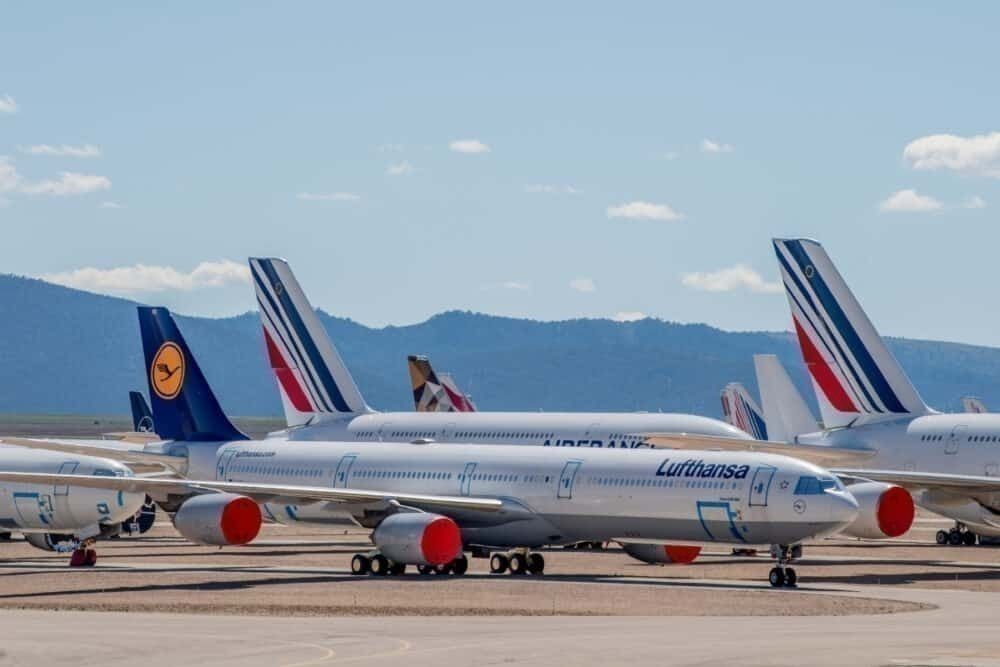 €9 billion in loans backed by the German Government will go to Lufthansa Group. Photo: Getty Images
€9 billion in loans backed by the German Government will go to Lufthansa Group. Photo: Getty Images
You can see that in terms of grant money, US carriers come out with the largest bailouts. However, when it comes to government-backed loans, European carriers like Air France-KLM and Lufthansa Group will have large amounts to repay in the future.
What do you think about the concept of government assistance to airlines? Let us know your thoughts in the comments.

